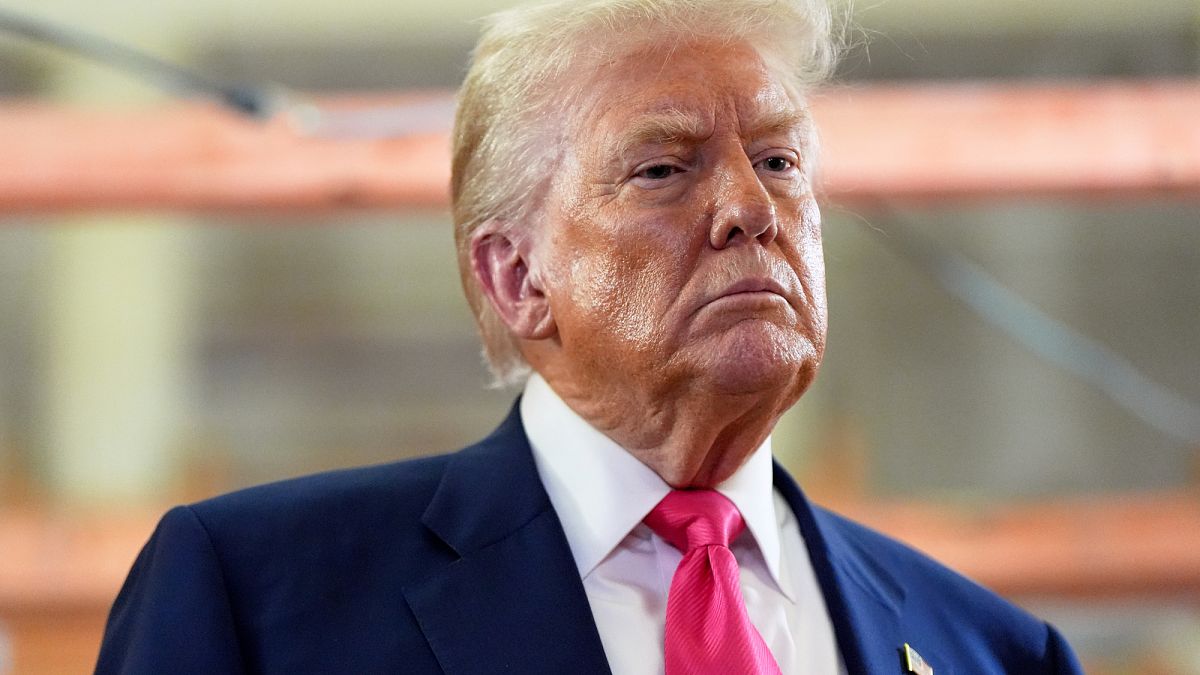

In recent days, a collection of developments across various parts of the globe highlights ongoing legal challenges, political shifts, and diplomatic endeavors, all playing a significant role in shaping the current international landscape. Each of these stories reflects a unique aspect of the ongoing narrative involving governance, geopolitical tensions, and social influences.
In the United States, a novel legal development has unfolded as the Trump administration took decisive legal action against New York City by filing a lawsuit challenging its ‘sanctuary city’ policies. The administration argues that these policies obstruct federal law enforcement, potentially violating the supremacy clause of the Constitution. This lawsuit is part of a broader series of similar legal actions targeting state and local governments across the country, such as New York State and Colorado, among others. As legal proceedings begin, the case will likely test the balance between local autonomy and federal authority, a matter of great interest to communities nationwide.
Across the Pacific, Japan is experiencing its own political stirrings with the rise of a rightwing populist party, Sanseito, in the recent upper house elections. The party’s slogan, “Japanese First,” echoes populist sentiments found in other parts of the world, tapping into concerns over economic uncertainty and a growing foreign presence—especially as the country navigates the post-pandemic influx of tourists and the essential role of overseas labor. While this political emergence raises concerns of a potential anti-foreigner backlash, it also underscores a broader conversation about how nations balance domestic priorities with international engagement.
Meanwhile, in the Middle East, diplomatic efforts aimed at addressing the situation in Gaza have encountered significant roadblocks. The U.S., alongside Israel, has withdrawn from ceasefire negotiations in Qatar after the failure to establish a truce due to what was described as a lack of coordination and genuine engagement from Hamas. This decision underscores the ongoing complexities of conflict resolution in the region, where humanitarian conditions remain dire. Efforts are anticipated to pivot towards alternative strategies in a bid to stabilize the situation and secure peace in the region.
Shifting to South Asia, a curious case unfolded in India where police successfully apprehended an individual accused of orchestrating a fraudulent embassy operation near Delhi. This daring impersonation, involving claims of being an ambassador and deceiving individuals seeking overseas employment, highlights challenges within immigration and diplomacy. The arrest serves to reinforce the importance of vigilance in safeguarding national and international security protocols against fraud.
In terms of regional security, reports from the United Nations emphasize troubling conditions back in Afghanistan, where Afghans expelled from Pakistan and Iran face threats and torture from the Taliban. The Afghan authorities are extending promises of amnesty to encourage expatriates to return, a move framed within broader efforts to stabilize the nation following the Taliban’s return to power in 2021. This scenario brings to light the ongoing humanitarian challenges faced by displaced populations amid complex geopolitical dynamics.
As these stories unfold, they reflect broader trends of conflict, governance, and diplomacy where nations endeavor to navigate and reconcile internal dynamics with external pressures. While each of these developments comes with its own set of challenges, they collectively offer opportunities for dialogue, engagement, and resolution within the international community. Through understanding these diverse narratives, there remains hope for mindful collaboration and progress towards a more harmonious global environment.
Source: {link}
